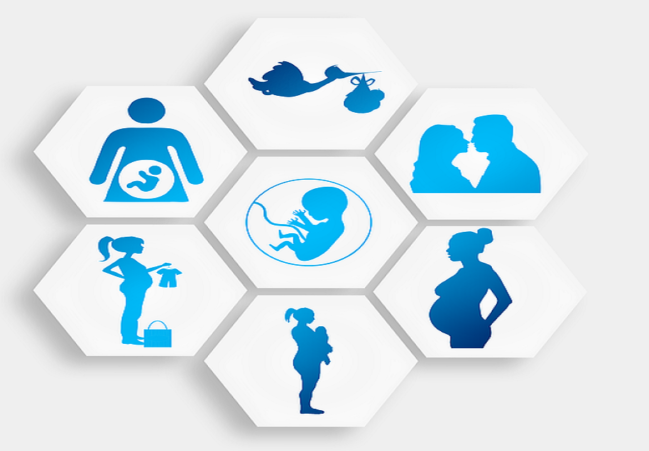The Oireachtas Joint Health Committee has just issued a report on Assisted Human Reproduction (AHR). The report is extremely inadequate in its treatment of the ethically questionable aspects of AHR but for the sake of simplicity, let’s examine what seems to be the least problematic forms of AHR: so-called altruistic egg and sperm donation and altruistic surrogacy.
These are called ‘altruistic’ because they are provided by men and women who seek no profit; people who simply want to do good, and who are under no pressure to do so. The women in these cases must make a bigger sacrifice than the men because providing your womb for nine months, or donating your egg is much more onerous than sperm donation.
Let’s look at some examples of the practice. Take ‘Anne’, who donates eggs so that an infertile couple can have children. Let’s suppose that no monetary exchange is involved, not even in the form of compensation for expenses, which is still a subtle form of exchange. Anne, remember, expects nothing in return from the couple. This is altruism, not commerce. Some people would find her action morally acceptable, even laudable; and they would see no good reason why it should not be considered perfectly legal.
Another example is ‘Marie’. Like Anne, Marie is a healthy young woman and absolutely altruistic. Anne acts as a surrogate mother for a couple because the woman who wants to become a mother cannot carry a pregnancy. Again, let’s suppose that no monetary exchange is involved, not even in the form of compensation for expenses. Marie allows the use of her womb for mere altruism and expects nothing in return from the couple. Some people would find her action, too, to be morally acceptable; even laudable. This, too, they believe, should be perfectly legal.
Certainly, appropriate forms of regulation would be necessary in the cases of both, Anne and Marie, to anticipate and avoid possible conflicts that might arise between the parties involved but, in general, there are not many people who would find the actions of either Anne or Marie to be, in any way, dreadfully, seriously, problematic.
Now, let us imagine another healthy, young, and exceptionally altruistic woman, whom we shall call ‘Annemarie’. Annemarie, in this imaginary case, both donates her eggs to, and, acts as a surrogate mother for, a given couple. Whereas Marie gives only the eggs, and Anne her womb, Annemarie both.
Yes, here is the paradox: while some people would approve of the actions of Anne, and of Marie, the actions of Annemarie seem to them to be very different. Because very few people would consider the practice of conceiving and gestating a child with the deliberate intention of giving the child away to a commissioning couple, even for purely altruistic reasons, to be either morally or legally acceptable. So, with Anne and Marie: not problematic. Yet, with Annemarie: problematic.
What is so wrong in the case of Annemarie that is not seemingly wrong in the cases of Anne or Marie? If two actions are individually good, why are they not good when combined together?
The paradox obviously does not arise for those who do not consider gamete donation – that is the donation of either eggs or sperm – or surrogacy, (or both,) to be in any way acceptable. None of these practices should take place. For others, the paradox is there.
Ova are donated with a view to generating children; and if a surrogate mother is needed to complete the process why shouldn’t she be the very same woman who donates the eggs, meaning she is both the genetic and gestational mother of the child.
Similarly, if an altruistic surrogate mother is doing something good, isn’t she doing something even better if she is also the altruistic donor? Would it be different if Annemarie donates her ova to one couple and acts as a surrogate for a different couple?
Those who would defend altruistic gamete donation and surrogacy should, if they are being logical, also defend the practice of the same woman being both the surrogate and the genetic mother. For that is the logic of it all. Somehow, we feel that there is more to this than cold logic; this does not feel right and proper.
And those who have no problems with some form of compensation (be it a fee, or expenses, or whatever) for gamete donation and surrogacy, should have no problem with turning the bringing of a child into this world into a commercial business.
We would like to know: when did treating children as commodities become acceptable and a sign of ‘progress’?
















